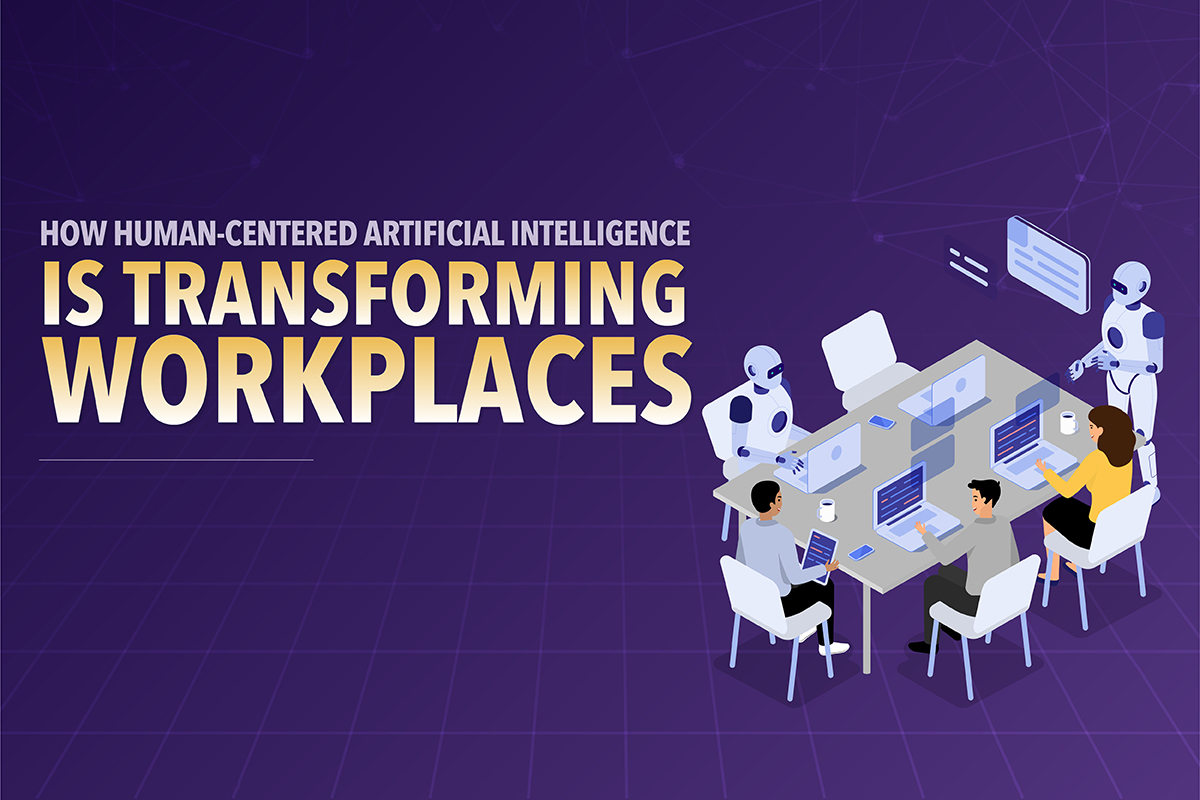Psychology Skills to Level Up Your Career
Written by:
East Carolina University®
• Dec 6, 2023

Psychology Skills to Level Up Your Career
The study of psychology can provide invaluable insights into how human beings process information, navigate emotional challenges, and make decisions. These insights are naturally important to professions such as therapy and counseling, but they can also be transferable to many other professions—providing higher levels of aptitude in marketing, human resources, team leadership, customer service, and beyond.
In fact, psychology skills can be worth adding to any resume, regardless of professional field. One of the best ways to hone these skills is with an education in psychology , which can provide a meaningful foundation for not only aspiring psychiatric caregivers but also professionals across many disciplines.
What Are Psychology Skills?
Psychology skills are competencies that a professional may use to conduct research, provide a lens through which to understand other people or handle organizational tasks. A professional may use these skills to evaluate human behavior and better understand cognitive patterns. These skills may also include observational, data collection, and data storage skills.
Psychology competencies can be cultivated in an undergraduate degree program and further honed in a professional setting. In a classroom environment, psychology skills can be developed through an emphasis on how the human mind works, particularly how environmental, social, and genetic factors affect the mind. Psychology students can also deepen their skills experientially, such as through observation of social interactions and research projects.
What Are the Top Psychology Skills for Career Advancement?
Psychology skills can be useful in fields not strictly related to psychology or therapy and can be applied across many disciplines. These skills can be grouped into a few basic categories, as defined by the American Psychological Association (APA).
Cognitive Skills
There are many skills related to human cognition that any employer would value. Highly transferable cognitive skills include the following:
- Analytical thinking. The ability to take stock of a problem or puzzle and systemically think through different solutions is essential to workplace success.
- Creativity. Being able to provide outside-of-the-box solutions can be useful in software development, advertising, or business administration.
- Information management. Being proficient in synthesizing and organizing data from many different sources can be an asset for journalists, scientific researchers, or even customer service representatives.
Communication Skills
The ability to be clear, concise, and accurate is meaningful in any profession; indeed, virtually every job involves communication with colleagues, customers, and managers.
Two important psychology skills are related to communication:
- Oral communication. Being able to speak intelligibly to audiences is a great quality to list on a resume.
- Written communication. From internal memos to scientific papers, most professionals will engage in some type of written communication.
Personal Skills
A clearer understanding of human psychology can hone many personal skills. These skills include the following:
- Integrity. Every employer values workers who are honest, transparent, loyal, and committed to excellence in all that they do.
- Adaptability. Many professionals require the ability to pivot in response to a new trend or changing consumer demands.
- Self-regulation. Virtually all employees feel stressed sometimes, making it imperative to develop skills in stress mitigation as well as effective time management. Both fall under the psychological heading of self-regulation.
Interpersonal Skills
An education in psychology can also yield transferable interpersonal skills. These skills include the following:
- Collaboration. A better understanding of how the human mind works can be fruitful in any collaborative role.
- Leadership. The ability to facilitate teamwork and effectively lead teams makes it easier to cast a vision that employees will want to rally behind.
- Management. Even those who aren’t in managerial positions benefit from being competent in managing tasks, priorities, budgets, and deadlines.
Technological Skills
The right set of psychology skills can even make it easier to use different types of technology, providing an innovative edge. These skills include the following:
- Flexibility. A background in psychology can make someone more adaptable to new systems, new pieces of equipment, and new digital ecosystems. Technology evolves quickly, so this is critical in any line of work.
- Familiarity. An education in psychology can also provide experience using different online platforms, from databases to collaborative tools. This awareness can translate into workplace success.
Develop Fundamental Skills in Human Psychology
Gaining a deeper and broader understanding of the human mind can provide a valuable set of psychology skills that are equally suited to success in a clinical role or various other professions. One of the best ways to gain such an understanding is by enrolling in an online psychology degree program.
East Carolina University® offers an online Bachelor of Arts (BA) in Psychology program oriented toward comprehensive skills development. It teaches competencies that can enhance any resume or lead to success in a wide array of professions. Discover further benefits of the program today.
Sources:
American Psychological Association, The Skillful Psychology Student
Indeed, 7 Critical Skills for a Career in Clinical Psychology
Indeed, What Are Psychology Skills? Definition and Examples


